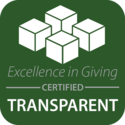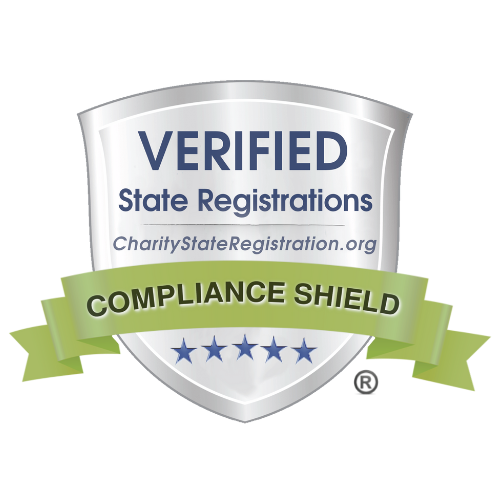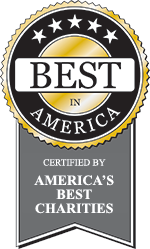IAVA | June 17, 2016
Read: Serving Communities to Bridge the Divide
I didn’t quite realize the power of community until I came to Iraq and Afghanistan Veterans of America (IAVA). In truth, I came to IAVA because I was searching for a community. As a civilian, going to a veterans organization in pursuit of a sense of belonging is maybe unusual. I came to IAVA to give back, to share a bit of my time with a group of people similar in age, but so far beyond me in life experience. Only a few short years later, it is IAVA–and its community of members, staff and like-minded partners–that have shared something with me.
Growing up in Connecticut, I wasn’t particularly surrounded by a military culture. Then one day a visitor arrived to my high school American history class. He was one of my teacher’s former students and he had recently arrived home from a deployment. He shared his experience with my class and, from there, I knew I had to dig deeper. I became particularly interested in the realities of re-integration and so began reading articles, short story collections, novels and memoirs that expounded on the experiences veterans face once back home.
These books taught me about the civilian-military divide, but they also helped to bridge it, as I became more and more connected with each page. Anyone who shows any interest in reading, and reading about veterans, is likely to get more than a few recommendations from me. And I’ve even been lucky enough to interview many of these authors, sharing their stories and perspectives. All this reading and talking has given me insight into a community I only first saw from a desk in a classroom.
But, until I began working at IAVA, I knew very little about the veterans space. Within a few short weeks, that changed dramatically, as I learned about the vast array of amazing non-profits working alongside IAVA to bridge the divide and offer opportunities to serve local communities, institutions like Team Rubicon, The Mission Continues and Team Red, White and Blue. I have had the opportunity to watch as IAVA members lead service projects and networking events in an effort to share the mission with their fellow compatriots–veterans or otherwise. Our member leaders clamor to develop family-friendly events to host in their communities, realizing the importance of engaging spouses and kids. IAVA’s membership illustrates just how inclusive the veteran community can be and how “one team, one fight” can mean so many things to so many people.
Collaboration is key to serving this community. In cities across the country, from Los Angeles to Pittsburgh, organizations are coming together to build coalitions and networks that aim to foster strong relationships, work towards a common goal and share best practices. During my time working at IAVA, I have had the great privilege to work on Boston’s growing Greater Boston Veterans Collaborative, which brings together representatives from non-profits and service providers as well as those from city and state veterans offices. Nationwide, the hallmark of these networks is a dedication to collaboration and an openness to varied perspectives. This can, and should, be a model for how to ultimately bridge the civilian-military divide: give everyone who wants it a seat at the table.
Journalist Sebastian Junger recently published Tribe, an exploration of society at large with the veterans community in focus. Junger posits that society’s fractured state could be contributing to the challenges veterans face upon transitioning home. He argues that we are all collectively responsible for ourselves as well as our veteran community. Military families already know this. Spouses and children operate in a nebulous area wherein they’re not exactly veterans but they’re not exactly civilians anymore either. Ask a military spouse how often they’re acknowledged for their efforts, for their tireless service to their country, and you’re likely to find a sobering answer.
We must remember it is our job to be vested citizens of this country and this society. Veterans, and their families, have heeded this call by sacrificing for our freedoms despite making up a small minority of the population. In pockets across this country, teams made up of civil servants, civilians, and colleagues from non-profits and service providers are picking up the mantle and investing in both themselves and their communities. We can all serve our communities, even in small ways. After a few years, I am incredibly fortunate to not only call many at IAVA my friends, but also my fellow community members–united in working together for a greater good.





